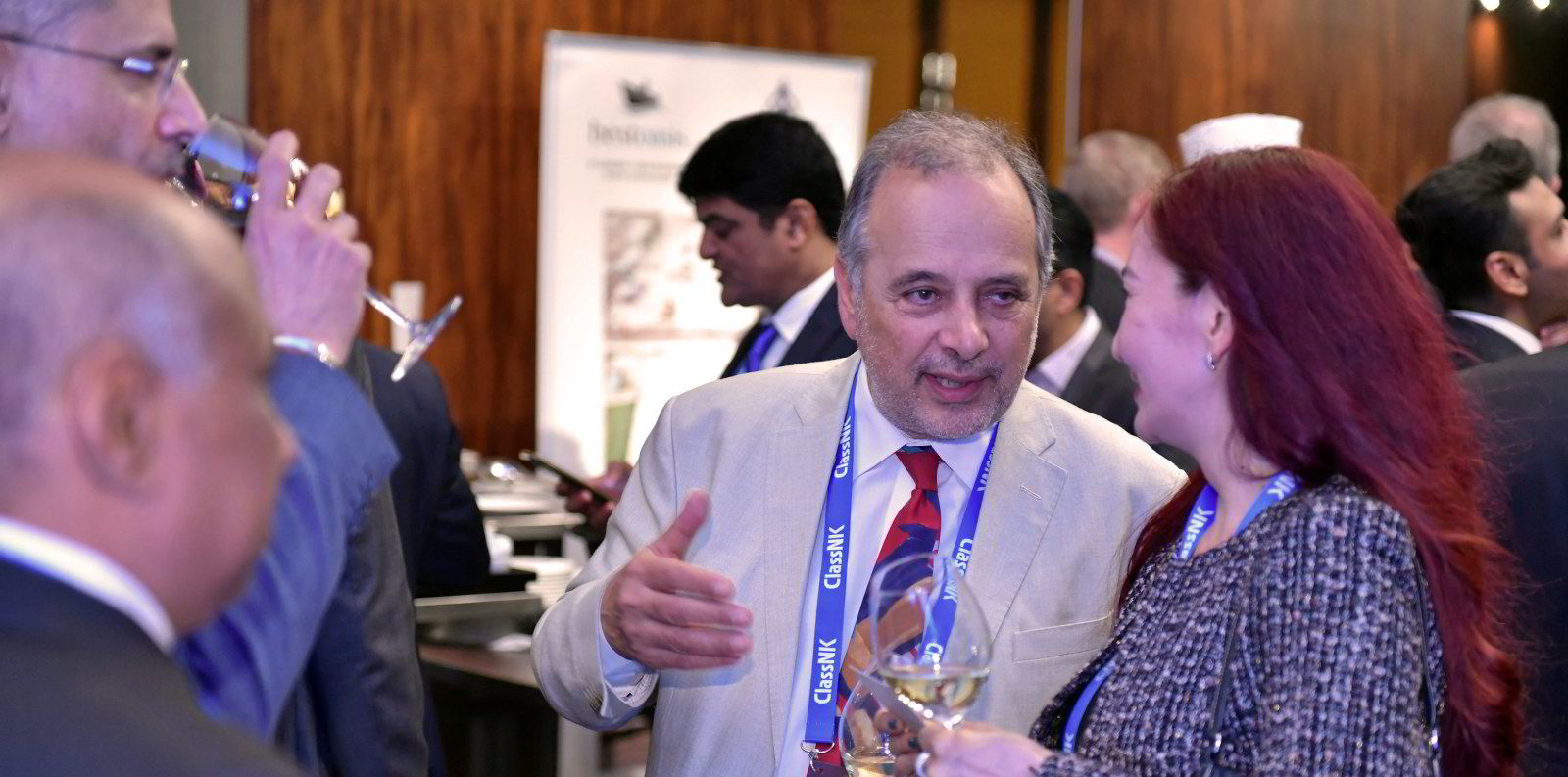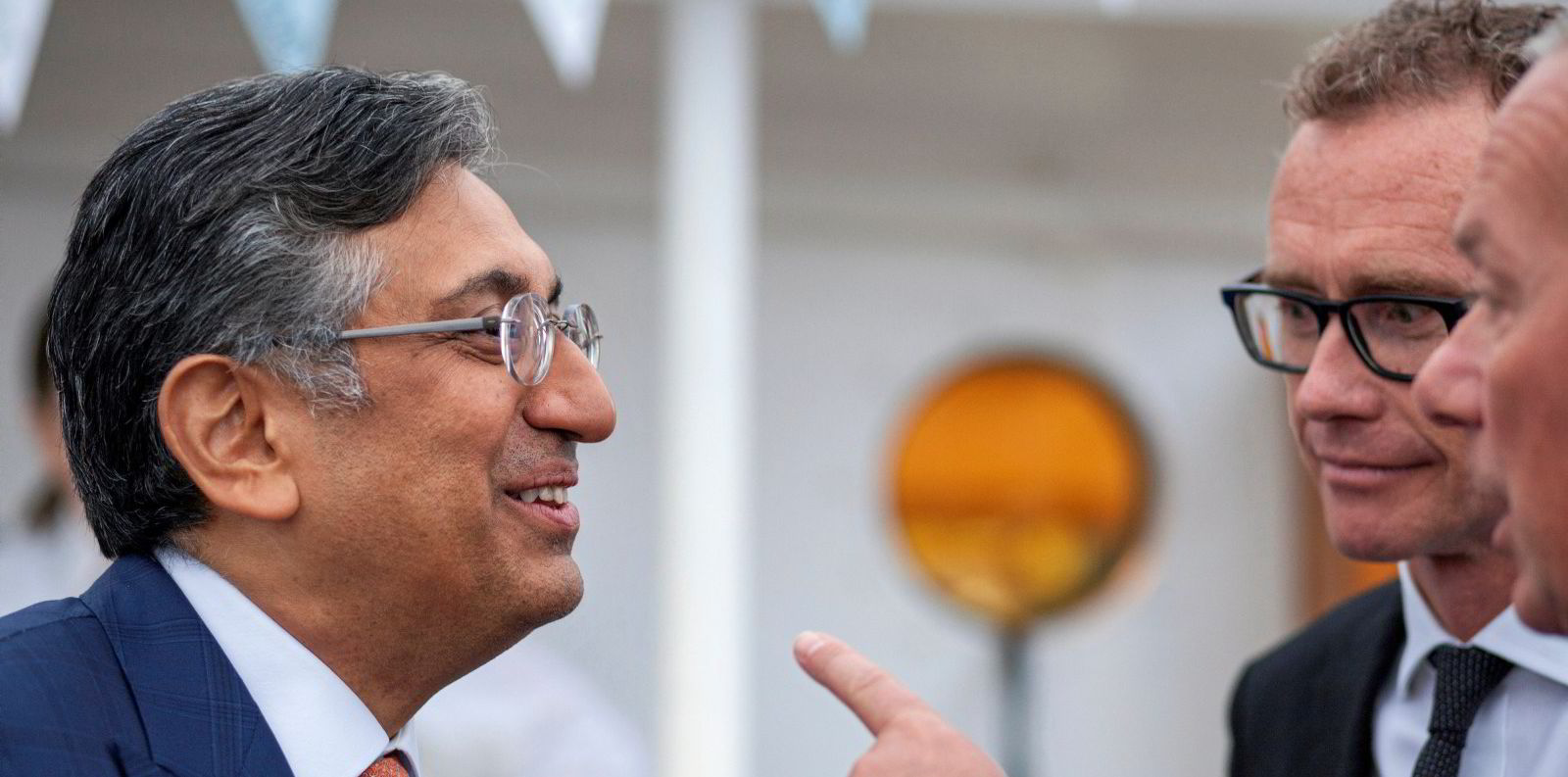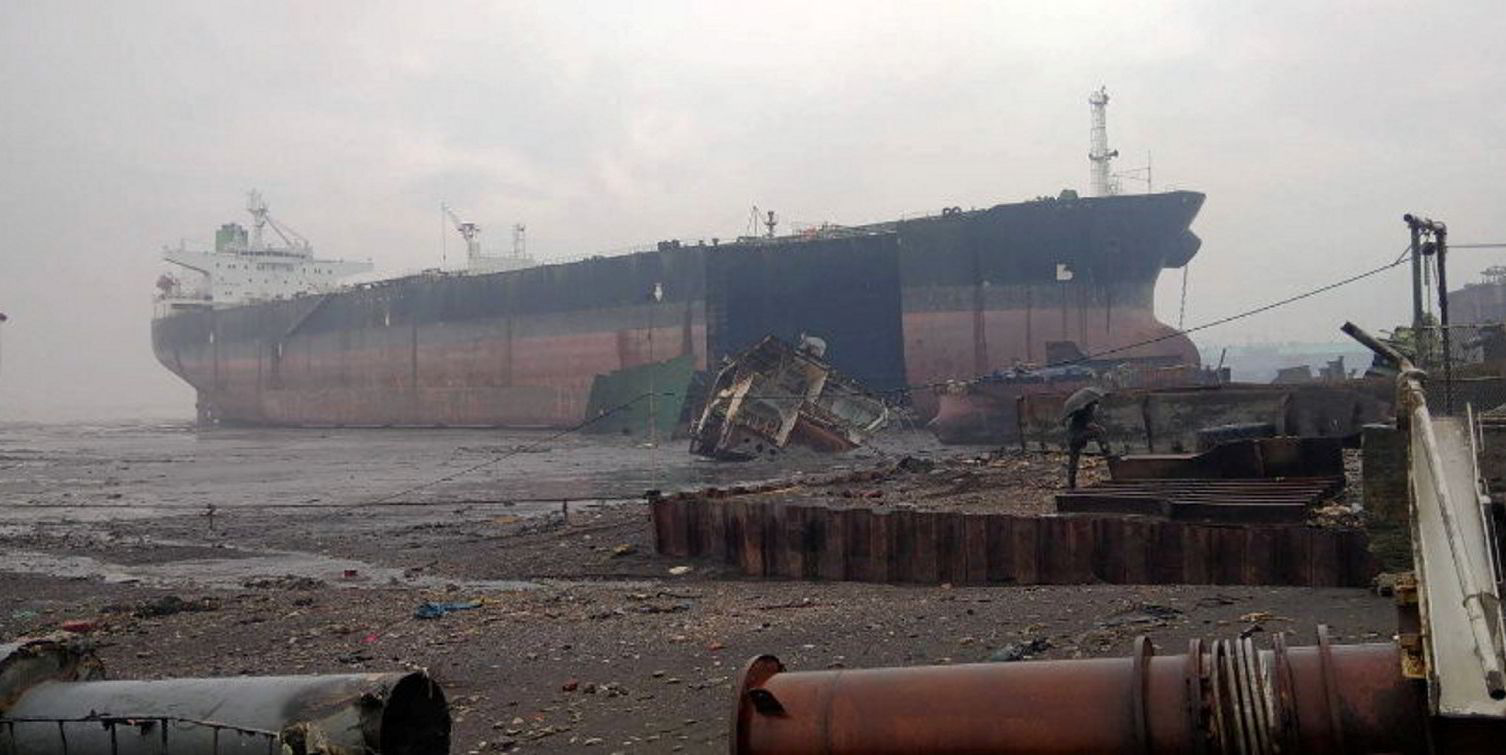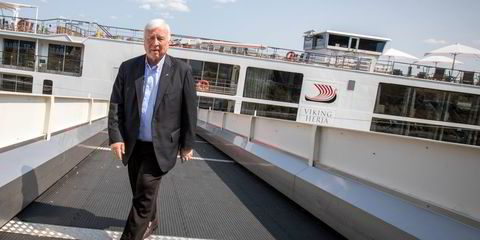A leading cash buyer has warned that owners of European-flagged ships will sell them early to avoid strict European Union (EU) recycling rules.
Nikos Mikelis, non-executive director of Global Marketing Systems (GMS), told the TradeWinds Ship Recycling Forum that this risks wasting upgrades made at Indian breakers to raise standards as long as the Hong Kong International Convention for the Safe and Environmentally Sound Recycling of Ships (Hong Kong Convention) has not entered into force.
He added: "The shipping industry is in a very confused situation."
Mikelis explained that many European owners have sold ships into non-EU approved yards without understanding there are risks of legal penalties.
"There have been a number of prosecutions in North-west Europe, and slowly owners have started understanding there are risks," he said.
"If nothing changes, the most likely outcome is owners of European ships would sell ships early. They will not wait for them to come for recycling, they will sell them one or two years before outside Europe to avoid the problem of prosecution," Mikelis added.
Indian yards will wonder if effort was worthwhile
The GMS director is concerned that those shipbreaking yards who have upgraded in India will wonder if they will see the returns from their investments. And those that haven't will sit back and wait, he cautioned.
Kiran Aziz, head of responsible investments at Norwegian pension fund KLP Kapitalforvaltning, said the Hong Kong Convention is not yet a panacea for the industry's ills.
"KLP and other institutional investors thought the Hong Kong Convention would lead to necessary improvements, but it hasn't been a success so far," she added.
Aziz explained that KLP has published documents outlining what is acceptable and what is not in terms of green scrapping.
The state-linked fund is also working with Norway's largest lender DNB Bank, as a shareholder, to put green recycling on the agenda.
Hong Kong Convention must be ratified
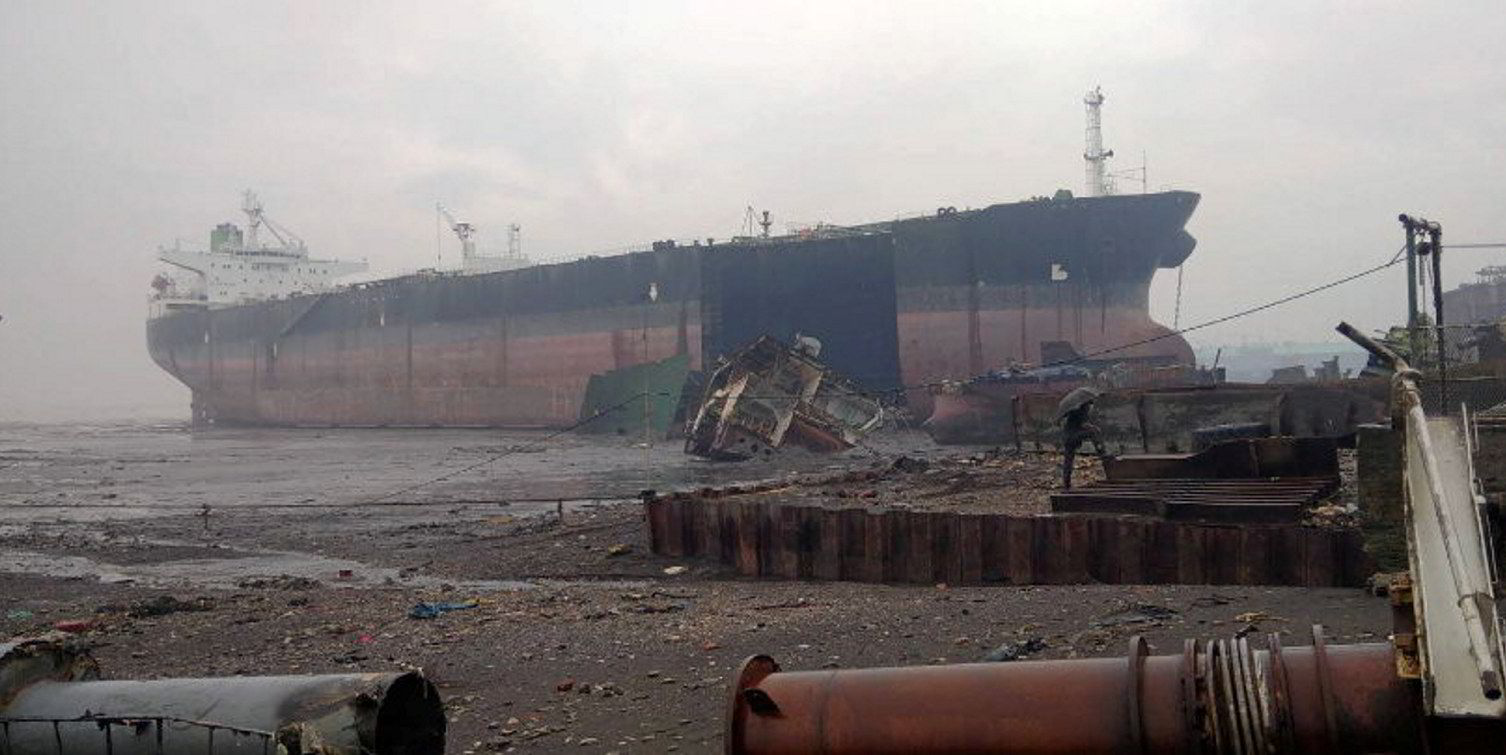
Gudrun Janssens, head of environmental and technical affairs at the Royal Belgian Shipowners' Association, told the forum: "I can see there is progress, but we need the Hong Kong Convention to enter into force."
Janssens bemoaned the piecemeal nature of regulation in a global industry.
"What's the point of having EU regulation if you're the only one to reach the finish line? There's just one big mess to try to deal with," she added.
Rohit Goyanka, director of Star Asia Shipbroking, said he believes the Hong Kong Convention framework is good enough - "there is nothing better out there" - but would like to see vital nations like Bangladesh and China agree to enforce it.
The shipbroker also called for independent verification of demolition processes contracted by the sellers of vessels.
"Owners and cash buyers should take responsibility," he added.
Goyanka said 75% to 80% of the owners he talks to in Asia do not care about green recycling and have to be educated.
Getting their heads around ESG
"They are slowly trying to understand what ESG is. Half of them don't know, but they have to go to the banks which are tightening up," he added.
Janssens added that inspections are currently voluntary. "As owners we trust the class societies to verify our ships. Why wouldn't we trust them with the recycling of our ships?" she asked.
Gourav Mehta, director of cash buyer and recycler Best Oasis, said it is always better to have an independent third party verifying demolition, and pointed to rapid improvements made in the India sector on safety.
He said 98% of Indian breaking yards are Hong Kong Convention-compliant.
One online comment made to the forum revealed that certain shipbrokers are not handling scrap sales unless the vessels go to EU-approved or Hong Kong Convention-compliant breakers.
Forum moderator William MacLachan, a partner at law firm HFW, said the direction of travel is towards responsible recycling.
But he added: "We're not going to shut South-East Asia out of this market. That's where these ships are going to be recycled. The question is how we get there."
